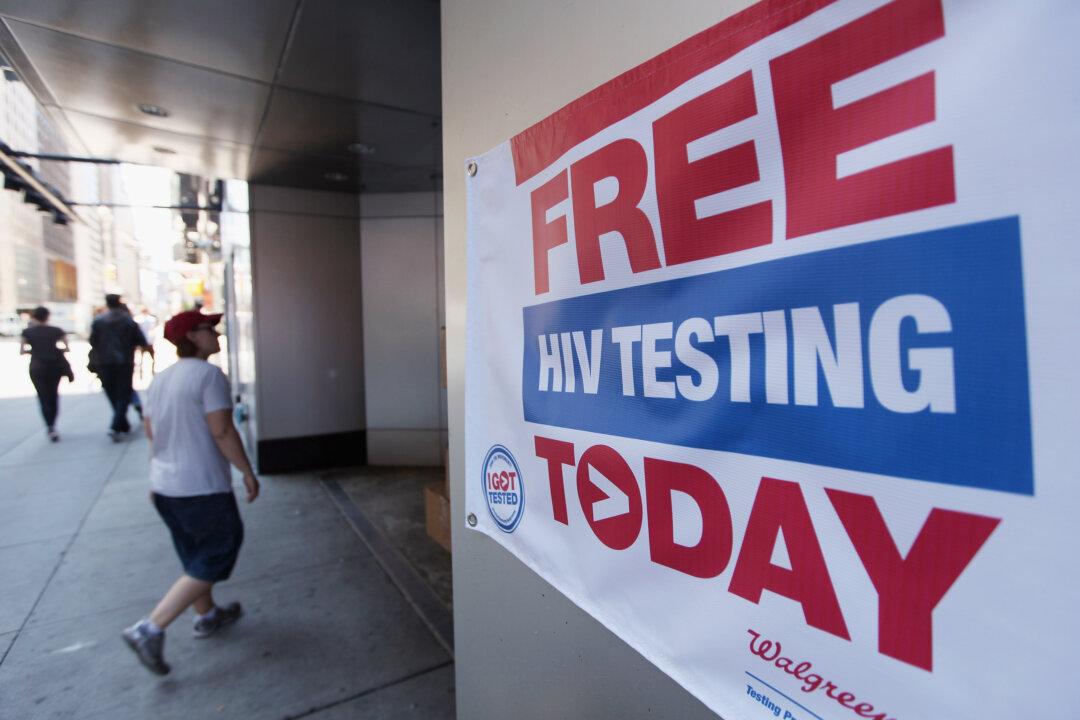While the world focuses in fear on COVID-19 numbers, a disease with a familiar name is spreading silently throughout Florida. According to the latest HIV Surveillance Report (pdf) released by the Center for Disease Control (CDC), Florida had the greatest number of new HIV diagnoses as of 2019. With 4,378 new HIV cases diagnosed, Florida is followed by California (4,354) and Texas (4,302). However, one of Florida’s leading HIV experts says “we have the tools to get this HIV epidemic under control.”
The latest numbers from the Florida Department of Health show 116,689 people are living with HIV in Florida. Of those, 92,398 are “in care.” This means 24,291 people living with the disease are not being treated.





